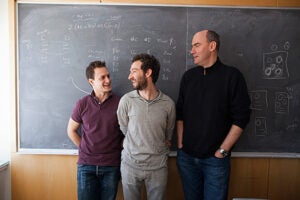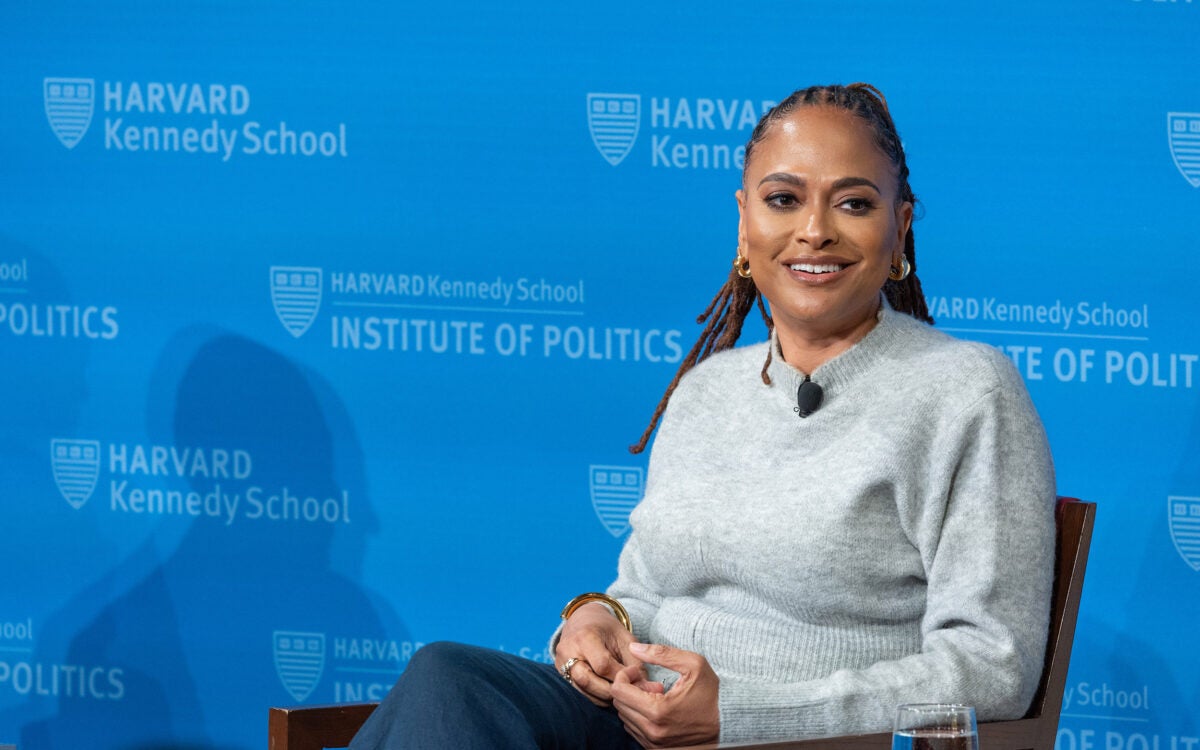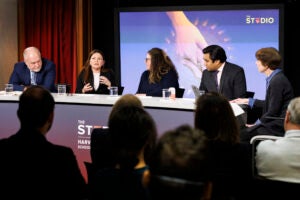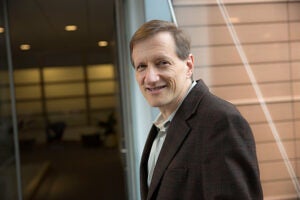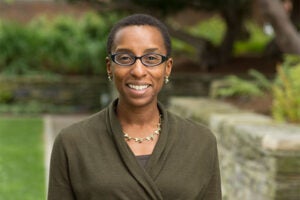Tag: FAS
-
Nation & World
Today’s farming practices can cool temps
In a surprising finding that runs counter to most climate change research, Harvard scientists examining temperature records have shown that, in regions with the most intense farming, peak summer temperatures have declined over the decades.
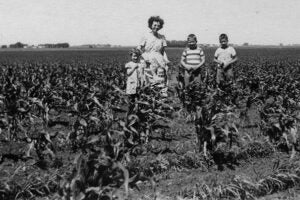
-
Nation & World
Harvard biologist is first woman to lead HHMI
Erin O’Shea, the Paul C. Mangelsdorf Professor of Molecular and Cellular Biology and of Chemistry and Chemical Biology, has been named the sixth president of the Howard Hughes Medical Institute.
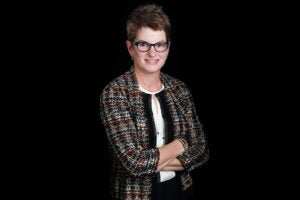
-
Nation & World
Study of African trees goes public
A postdoctoral fellow has launched a citizen-science project that aims to digitize thousands of pages of detailed observations on the life cycles of African trees.
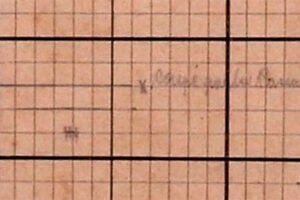
-
Nation & World
Professors recognized for exceptional teaching in science
Jene Golovchenko and John Johnson are the 2015 winners of the Fannie Cox Prize for Excellence in Science Teaching.
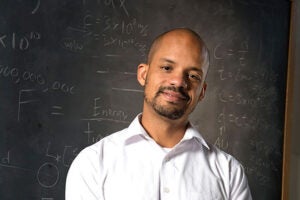
-
Nation & World
A brain link to autism
Using a visual test that is known to prompt different reactions in autistic and normal brains, Harvard researchers have shown that those differences were associated with a breakdown in the signaling pathway used by one of the brain’s chief inhibitory neurotransmitters.
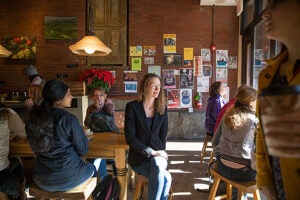
-
Nation & World
A focus on fairness
Using a simple game in which candy is distributed between two players, researchers found that children in various countries were quick to reject unfair deals, but in three countries they were also willing to reject deals unfair to others.
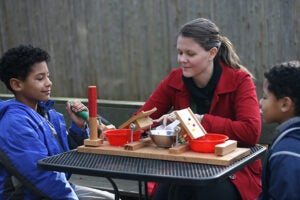
-
Nation & World
Pinpointing punishment
It’s a question most attorneys wish they could answer: How and why do judges and juries arrive at their decisions? The answer, according to Joshua Buckholtz, may lie in the…
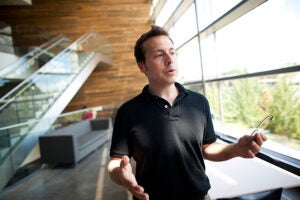
-
Nation & World
How the brain builds new thoughts
A new study suggests that two adjacent brain regions allow humans to use a sort of conceptual algebra to construct thoughts.
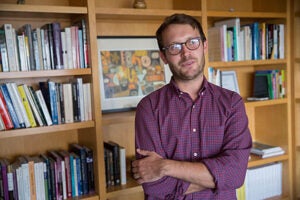
-
Nation & World
Five recognized as Harvard College Professors
Michael D. Smith, Edgerly Family Dean of the Faculty of Arts and Sciences, announced five new Harvard College Professors in 2015.
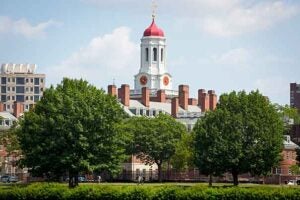
-
Nation & World
Tiny wires, great potential
Harvard scientists have developed a method for creating a class of nanowires that could one day see applications in everything from consumer electronics to solar panels.

-
Nation & World
Sequencing Ebola’s secrets
A global team from Harvard University, the Broad Institute, the U.S. Centers for Disease Control, and other institutions sequenced more than 200 additional Ebola samples to capture the fullest picture yet of how the virus is transmitted and changes over a long-term outbreak.
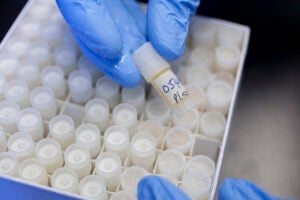
-
Nation & World
Injectable device delivers nano-view of the brain
An international team of researchers has developed a method of fabricating nanoscale electronic scaffolds that can be injected via syringe. The scaffolds can then be connected to devices and used to monitor neural activity, stimulate tissues, or even promote regeneration of neurons.
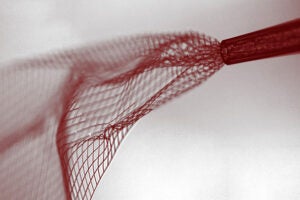
-
Nation & World
Cooking up cognition
A new study suggests that many of the cognitive capacities that humans use for cooking — a preference for cooked food, the ability to understand the transformation of raw food into cooked, and even the ability to save and transport food to cook it — are shared with chimpanzees.
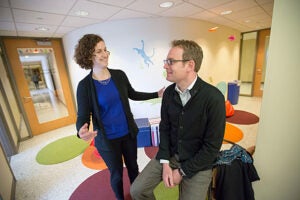
-
Nation & World
Harvard College deanship named
The Harvard College deanship will be renamed the Danoff Dean of Harvard College, in recognition of the longtime dedication of Ami Kuan Danoff ’84 and William A. Danoff ’82, and their most recent generosity in support of Harvard College and House renewal.
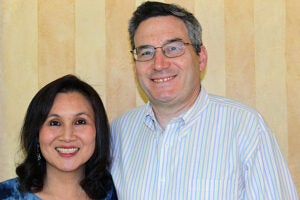
-
Nation & World
Improved accuracy in genome editing
A team of scientists has engineered a form of the genome-editing protein Cas9 that can be controlled by a small molecule and offers improved DNA specificity.

-
Nation & World
Fryer wins Clark Medal
Roland Fryer, Harvard’s Henry Lee Professor of Economics, has been awarded the American Economic Association’s John Bates Clark Medal, which is given annually to a rising young economist.
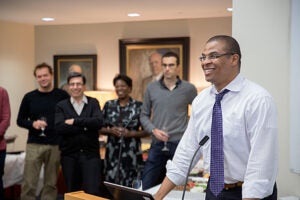
-
Nation & World
Why birds don’t crash
A new study shows that birds use two highly stereotyped postures to avoid obstacles in flight. The study could open the door to new ways to program drones and other unmanned aerial vehicles to avoid similar obstacles.
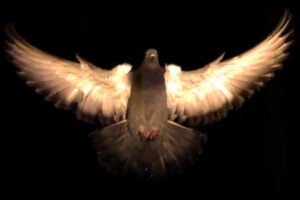
-
Nation & World
A leap for ‘artificial leaf’
Using an electro-chemical process to etch materials, Harvard scientists have developed a system of patterning that works in just minutes, as opposed to the weeks needed for other techniques. Researchers can build photonic structures that control the light hitting the device and greatly increase its efficiency.
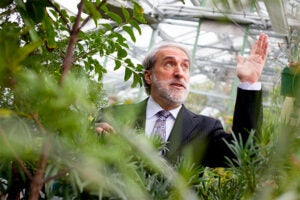
-
Nation & World
Three faculty members receive NAS awards
Catherine Dulac, Hopi Hoekstra, and Xiaowei Zhuang have received National Academy of Sciences awards.
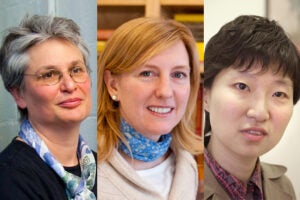
-
Nation & World
When flames attack
Harvard researchers were able to predict when test flames in the lab were likely to switch from slow- to fast-moving fires, which could open the way to making similar predictions for forest fires.

-
Nation & World
Mystery motor
Harvard researchers have solved the mystery of how some bacteria move across surfaces with the discovery of a rotary motor in the bacterium Flavobacterium johnsoniae.
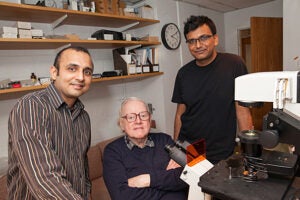
-
Nation & World
Understanding common knowledge
A new study examines how different kinds of shared beliefs can affect how people cooperate, and how people use common knowledge, a type of shared understanding, to coordinate their actions.
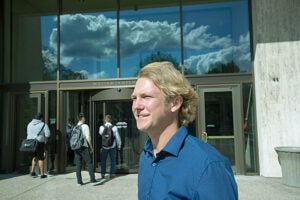
-
Nation & World
A distinctive honor
Sixty-three Faculty of Arts and Sciences (FAS) employees from 36 departments — representing 2.5 percent of the FAS staff — were recognized at the sixth annual awards ceremony and reception, held in the faculty room of University Hall.
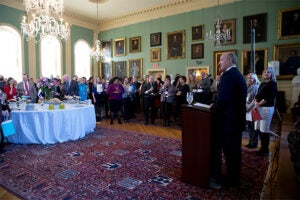
-
Nation & World
The teeth tell a tale
A new study shows that the teeth of early hominins grew unlike those of either modern humans or apes, suggesting that neither can serve as a useful proxy for estimating the age or developmental progression of juvenile fossils.
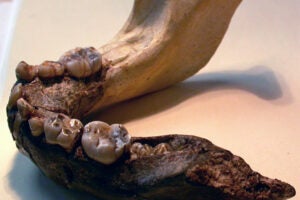
-
Nation & World
Crowd of Fulbrights
For the second year in a row, Harvard is the leading producer of Fulbright Scholars, with 34 students ― 22 from the College, 12 in total from the Graduate School of Arts and Sciences, Harvard Law School, Graduate School of Design, and Graduate School of Education — receiving the prestigious grants.
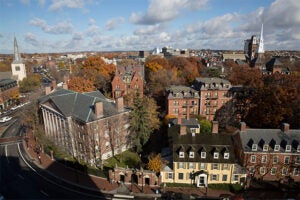
-
Nation & World
March mammal madness
An assistant professor of evolutionary biology, Katie Hinde is also the creator of Mammal March Madness, a tournament that emulates the college basketball playoffs and pits species against each other in simulated combat.

-
Nation & World
A new understanding of Alzheimer’s
Using the principle of natural selection, researchers have outlined a new model of the disease suggesting that mitochondria — power plants for cells — might be at its center.
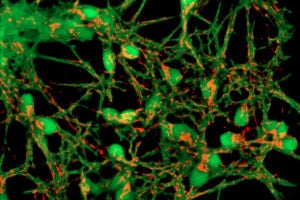
-
Nation & World
Playing the ‘envelope game’
Harvard researchers have developed a first-of-its-kind model, dubbed the “envelope game,” that can help researchers to understand not only why humans evolved to be cooperative but why people evolved to cooperate in a principled way.
